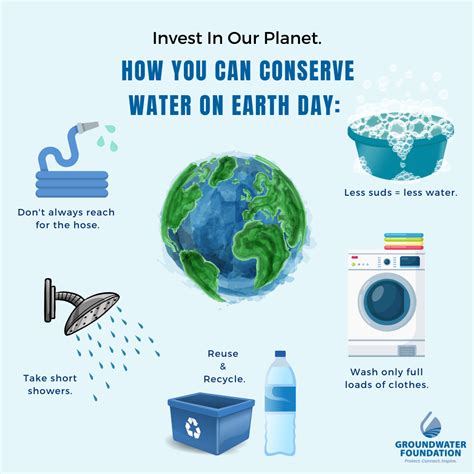The world is facing an unprecedented water crisis, with millions of people lacking access to clean drinking water and sanitation. Climate change, pollution, and over-extraction of groundwater have pushed our planet's water resources to the brink of collapse. However, there is hope. Advanced water technologies are being developed and implemented to help mitigate the effects of the water crisis and ensure a sustainable future for our planet.
What is Advanced Water Technology?
Advanced water technology refers to the use of innovative and cutting-edge technologies to manage, conserve, and treat water resources. These technologies include membrane bioreactors, advanced oxidation processes, and nanotechnology, among others. They are designed to improve the efficiency, effectiveness, and sustainability of water treatment and management systems.

5 Ways Advanced Water Tech Saves the Planet
1. Water Conservation and Efficiency
Advanced water technologies are helping to reduce water waste and improve water efficiency in various industries, including agriculture, manufacturing, and municipal water treatment. For example, precision irrigation systems use advanced sensors and data analytics to optimize water application, reducing waste and improving crop yields.
2. Water Treatment and Purification
Advanced water technologies are being used to remove contaminants and pollutants from water, making it safe for human consumption and other uses. For example, membrane bioreactors use microorganisms to break down organic pollutants, while advanced oxidation processes use ozone, chlorine dioxide, or other oxidants to remove pathogens and other contaminants.

3. Water Recycling and Reuse
Advanced water technologies are enabling the recycling and reuse of water in various industries, reducing the demand on potable water sources. For example, wastewater treatment plants are using advanced technologies to treat and reuse water for non-potable purposes, such as irrigation and toilet flushing.
4. Climate Change Mitigation
Advanced water technologies are helping to mitigate the effects of climate change on water resources. For example, desalination plants are using advanced technologies to remove salt and other minerals from seawater, providing a reliable source of drinking water in coastal communities.

5. Water Security and Resilience
Advanced water technologies are enhancing water security and resilience in communities around the world. For example, early warning systems are using advanced sensors and data analytics to detect water-borne contaminants and prevent outbreaks of water-borne diseases.
Real-World Examples of Advanced Water Tech in Action
There are many real-world examples of advanced water technologies in action, including:
- The city of Singapore's NEWater program, which uses advanced water technologies to treat and reuse wastewater for non-potable purposes.
- The desalination plant in Sydney, Australia, which uses advanced technologies to remove salt and other minerals from seawater, providing a reliable source of drinking water for the city.
- The water treatment plant in Orange County, California, which uses advanced oxidation processes to remove contaminants and pollutants from wastewater.

Conclusion: A Sustainable Future for Our Planet
Advanced water technologies are playing a critical role in addressing the global water crisis and ensuring a sustainable future for our planet. By improving water conservation and efficiency, treating and purifying water, recycling and reusing water, mitigating the effects of climate change, and enhancing water security and resilience, these technologies are helping to protect human health, support economic development, and preserve the environment.
As we move forward, it is essential that we continue to develop and implement advanced water technologies to address the complex water challenges facing our planet. By working together, we can ensure a sustainable future for all.
Gallery of Advanced Water Technologies






What is advanced water technology?
+Advanced water technology refers to the use of innovative and cutting-edge technologies to manage, conserve, and treat water resources.
How does advanced water technology help mitigate the effects of climate change?
+Advanced water technology helps mitigate the effects of climate change by providing a reliable source of drinking water, reducing water waste, and improving water efficiency.
What are some examples of advanced water technologies in action?
+Examples of advanced water technologies in action include the NEWater program in Singapore, the desalination plant in Sydney, Australia, and the water treatment plant in Orange County, California.
